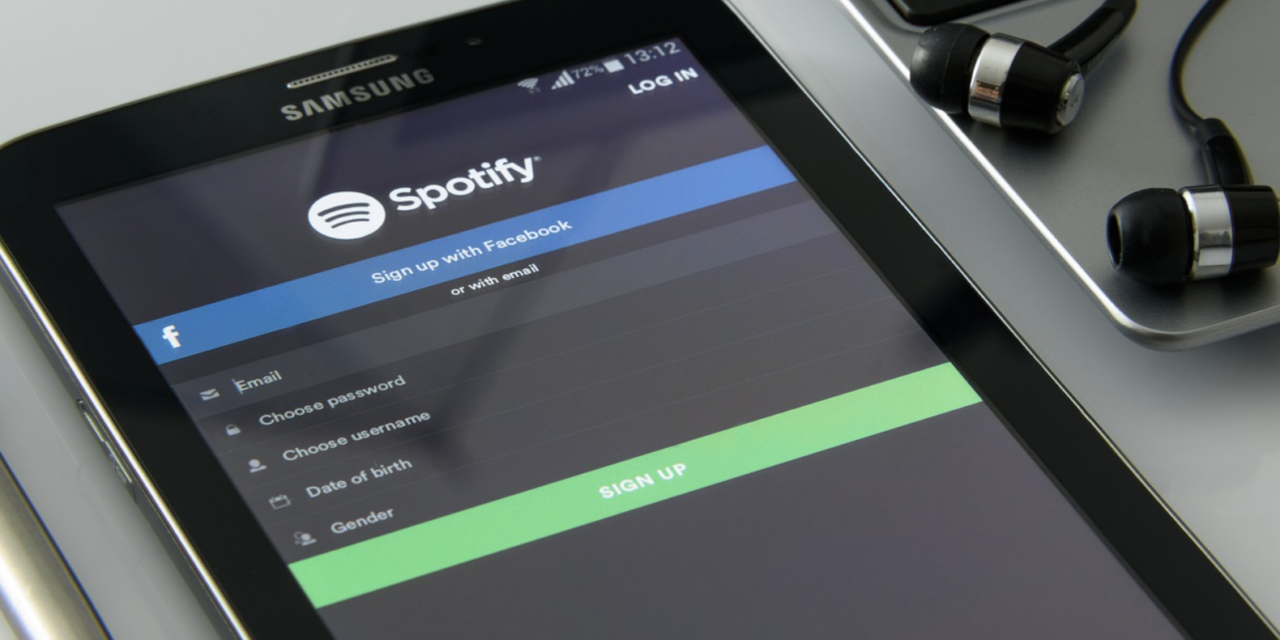Prior to the advent of the internet, music industry stakeholders were heavily reliant on television and radio broadcasters. Indeed, in order for artists, producers, and record labels to connect with a large public audience, it was essential that these media channels aired their music on a regular basis – without suitable coverage, only individuals who attended live gigs would have an awareness of their work.
From the past to the present
However, fast-forward to present day, and the music industry is now able to lean on online methods to share content, with the internet providing multiple ways to engage listeners from all around the world. Previous generations of music fans would have to source physical copies of tracks – whether that be in vinyl, tape, or CD format – and rely on modest television segments and weekly radio chart shows to listen to their favorite artists. Nowadays, thanks to relatively recent technological advancements, music enthusiasts are able to access virtually any song that has ever been written at the convenient touch of a button. Apps such as Spotify and Apple Music, which are constantly updated with the very latest tracks released by the planet’s most popular recording artists, enable individuals to stream or download music at their leisure.
The importance of apps in other industries
Of course, digital applications have had a major impact across most sectors, particularly those which have experienced a recent surge in consumer activity. The American online gambling industry has proliferated rapidly in the past few years, with the states of Pennsylvania, New Jersey, and New York witnessing unprecedented levels of digital betting and gaming. In 2022, sports wagering and nj casino apps were immensely popular amongst New Jersey residents, helping the local marketplace generate a staggering $5.21bn in online gambling revenue throughout the calendar year. Within the fitness space, apps like Strava, Pelton and Burn.Fit have completely re-calibrated how gym goers, recreational athletes, and even professional sports stars approach their workout routines. The introduction of apps has also transformed the way we order fast food, restaurant dishes, and weekly groceries to our home, with platforms such as Grubhub, DoorDash, and Instacart now assisting us in these activities.
However, the music industry has arguably experienced the greatest change in consumer habits since the widespread usage of apps came into being. Indeed, as a consequence of platforms like Spotify, people no longer need to go down to their local record shop to purchase a track; now, they can just type in the song they wish to hear, and click play. As a result of the simplification of this process, more people than ever are frequently listening to music, and experimenting with different genres and sounds.

Photo Source: Pexels
An alternative influence
Nevertheless, music download apps are not the only platforms that have helped drive listener engagement levels. Shazam, which enables users to discover the name of any song (no matter how unique or niche) by playing a short sample of its audio in range of their device’s microphone, has also had a substantial impact in this respect, as it provides exposure to artists who may have otherwise been overlooked, and enables listeners to locate the full version of a specific track, therefore helping to extend a song’s reach.
Overall, digital apps have altered popular culture significantly in just a short time, and we’re only at the beginning.













